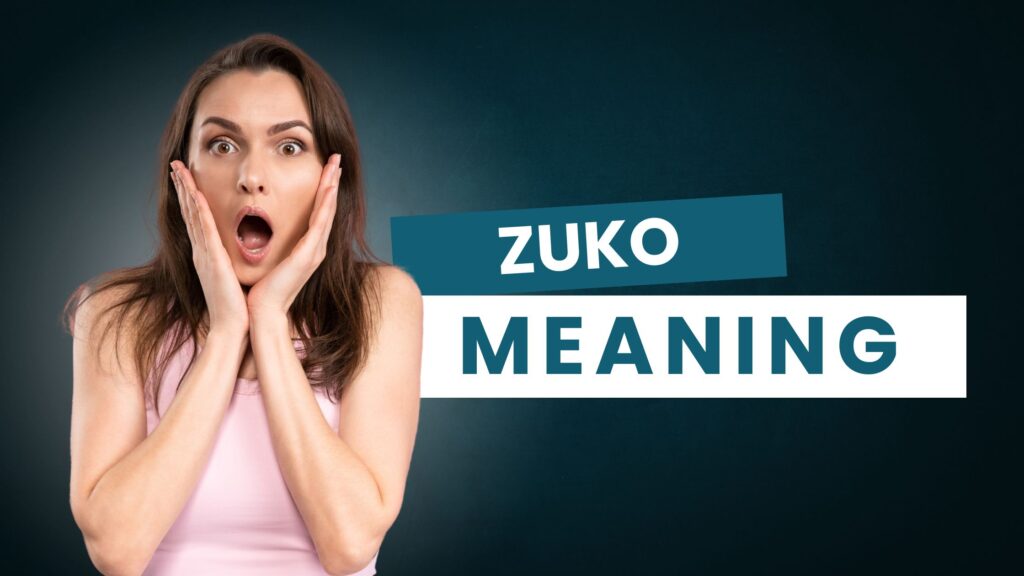In the ever-evolving world of internet slang, new terms and abbreviations emerge regularly. One such term that may raise eyebrows due to its offensive nature is “chomo.” While some may come across this term on social media, forums, or text messages, it is crucial to understand the meaning and implications of using such slang.
What Does “Chomo” Mean?
“Chomo” is a derogatory slang term typically used to describe a child molester. It is a contraction of “child molester” and is intended to be a harsh insult. The term is offensive and often used in an extremely negative context. Given its association with a serious crime, it is not appropriate for casual conversation or social media posts.
While the word “chomo” might appear in online discussions or as part of internet memes, it is crucial to remember that using such terms can cause harm and contribute to the spread of harmful stereotypes or misinformation. Read more slang meanings here.
Is “Chomo” Safe to Use?
Not. “Chomo” is offensive and should not be used lightly. Its use is harmful as it perpetuates negative stereotypes and stigmatizes people, often without any evidence to back up the accusations.
Just like other derogatory terms, using “chomo” can lead to hurt feelings, misunderstandings, and even legal consequences, especially when used in a defamatory or accusatory manner.
It is always important to choose words carefully when communicating online, as certain phrases can have serious implications for both the speaker and the listener.
When Is “Chomo” Used?
The use of “chomo” is typically seen in online conversations, social media posts, or texting exchanges that involve the discussion of inappropriate behaviors. It’s mainly used as an insult against people accused of being involved in child exploitation or related crimes.
However, it’s important to note that the term is often used without much thought or understanding, which can lead to the false labeling of individuals and cause significant harm to reputations.
Why Is “Chomo” Harmful?
Using “chomo” to label someone can be problematic for several reasons:
Defamation: If someone is unjustly called a “chomo,” it can lead to damaging their reputation without due process.
Spread of Misinformation: The term is frequently used carelessly, leading to misconceptions or unfounded accusations.
Offensive and Harmful: The term diminishes the seriousness of real issues surrounding child abuse and exploitation.
Zuko Meaning
| Column | Details |
| Acronym | Zuko |
| Stands For | Zuko is a character from Avatar: The Last Airbender, but is used in slang for transformation. |
| Brief Description | Zuko refers to someone who has gone through personal growth, redemption, or a major transformation. |
| Antonym | Villain, Rebel, Unchanged |
| Synonym | Redeemed, Changed, Reformed |
| Alternative Possible Meaning on Internet | Can refer to someone making a significant life change, or someone who has gone through struggles and emerged better. |
| Emotion | Positive, Reflective |
| Safe for Work | Yes, but context matters—often used to discuss growth or character development. |
| Safe for Children | Yes, but may require context from Avatar: The Last Airbender or related discussions. |
| Emojis | 🔥🌟💪 |
| Trending Date | Trending as part of the Avatar fandom, especially during the show’s resurgence in popularity. |
| Texting Meaning | Refers to personal growth or positive change. |
| Social Media Meaning | Used in fan discussions, character analysis, or as a metaphor for personal transformation. |
Conclusion
Given its negative and offensive nature, it’s always best to avoid using the term “chomo.” In online spaces, it’s important to be mindful of the language we use, as words can have lasting consequences.
Instead, it’s better to engage in conversations that are respectful and understanding, avoiding harmful slang that might contribute to stigma or cause unnecessary hurt.


